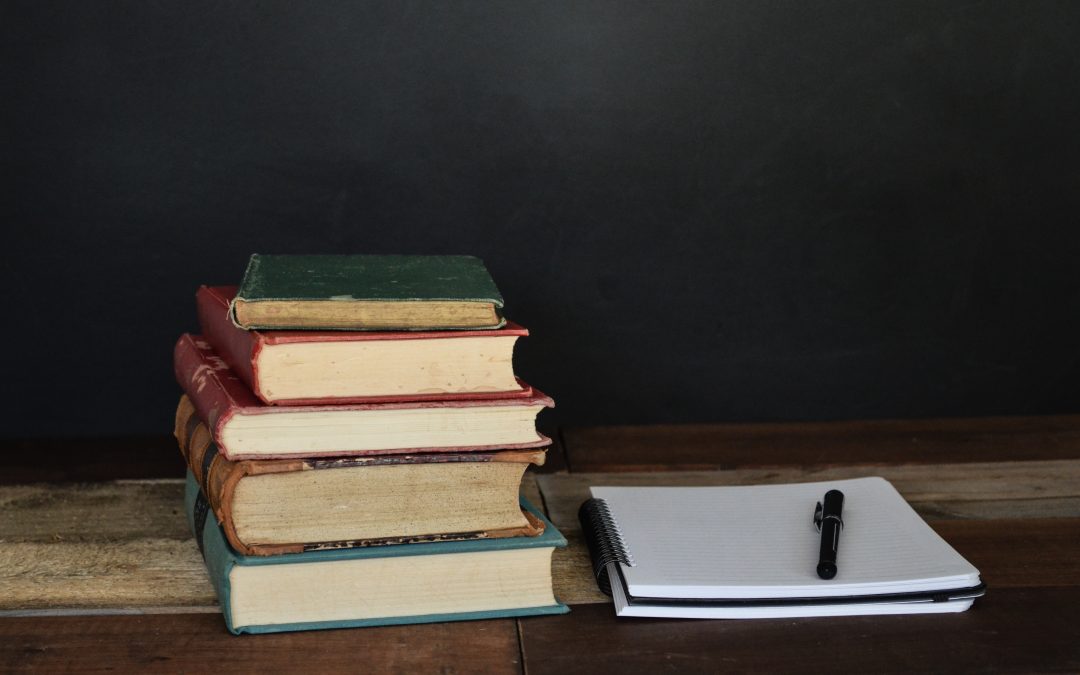Examining the past offers more than just a retrospective glimpse into the events that created today’s world. When we study historically prolific periods, we gain a stark illustration of the many sides of humanity — and an opportunity to do better than those who came before us.
Holocaust education is one of the most significant studies of historical human behavior. Not only does it magnify the irreparable consequence of genocide, but of the toxic mindset of racial prejudice and othering. It reveals the shocking potential of human behavior by shedding light on a terrible time in history and, in doing so, highlights the role each of us plays in upholding ethical responsibility through civil engagement.
While the importance of Holocaust education has never diminished, it is especially important now as a model for preserving facts, defending the integrity of those affected by historic tragedies, and learning from the past to improve the future.
In an age where misinformation spreads like wildfire and experts are second-guessed, worldwide citizens are left to their own devices, quite literally, to filter through the nonsense. Even historically held facts, including those about the Holocaust, have come under attack via tactics like gaslighting, demonstrating the disturbing effect that unchecked disinformation can have on the truth.
Misinformation or general misconceptions about the Holocaust can be extremely harmful and lead to intentional distortion and even Holocaust denial. Add to that the widening generational divide (between Holocaust survivors and new generations) and information digitization, and we find a perfect storm that easily distorts the truth and the important lessons contained within.
Why does it matter so much that the truth is upheld, left unsullied by prevailing prejudice? Why is it so crucial to preserving the memories, recollections, and documentations of those terrible acts? In short, Holocaust education is vital to the survival of humanity.
Taking a look at the missteps of the past offers a roadmap, a what-not-do type of manual. Educating both adults and children on the truths of this historical atrocity not only grants due respect to its eleven million-plus victims, but it also ensures that such history is not repeated.
By arming our citizens with historically accurate information around the Holocaust, we reveal more about the consequences of cruelty, dehumanization, and gross abuse of power. We offer learners the opportunity to reflect on their roles as global citizens, to step in and stand up for what is right, to support their fellow man, and oppose tyranny and hate.
Holocaust education allows us a glimpse into a troubled past to create a more peaceful future. According to UNESCO, “It proposes topics and activities that can help develop students to be informed and critically literate; socially connected, respectful of diversity; and ethically responsible and engaged.”
Factual Holocaust education can nurture a more positive attitude toward human rights and encourage civic engagement. In addition to illuminating our obligations as global citizens, proper education helps to strengthen critical thinking and enhances media and information literacy, reducing the destructive powers of misinformation and disinformation.
In modern society, Nazi comparisons are often made against various governments or individuals, demonstrating a clear lack of understanding of the gravity of that period in history. However, we can juxtapose current events and context alongside those of the Holocaust, when relevant, to convey the global scope and teachings of those events. Examining connections in immigration, refuge, and transit, for example, can help create more effective humanitarian solutions.
Winston Churchill wrote, “Those that fail to learn from history are doomed to repeat it.” It is crucial that now, more so than any other time following World War II, we are able to take a close and accurate look at the civil division and inaction that led to such great tragedy. In a time where truth is labeled fiction and lies are sold as facts, we can (and must) uphold the irrefutable honesty of the past to ensure the survival of free and just societies.
